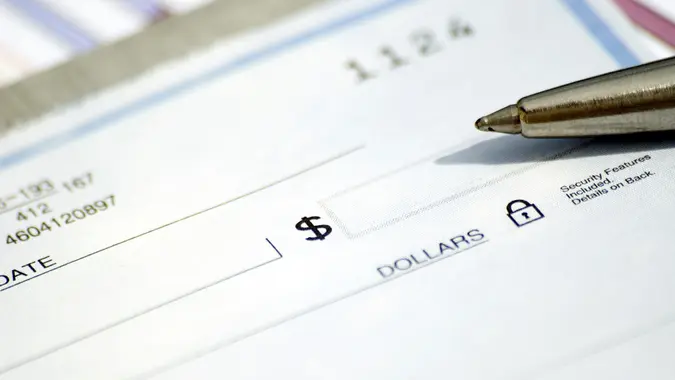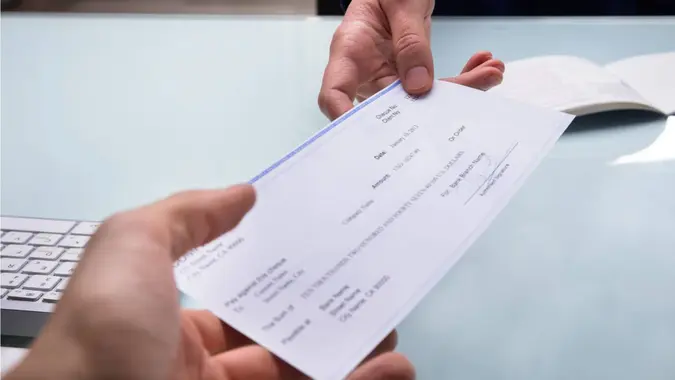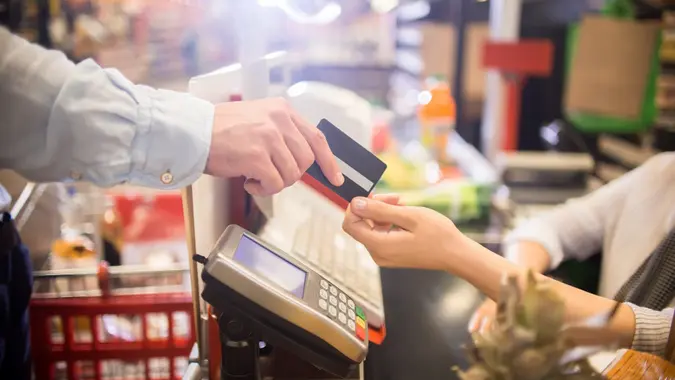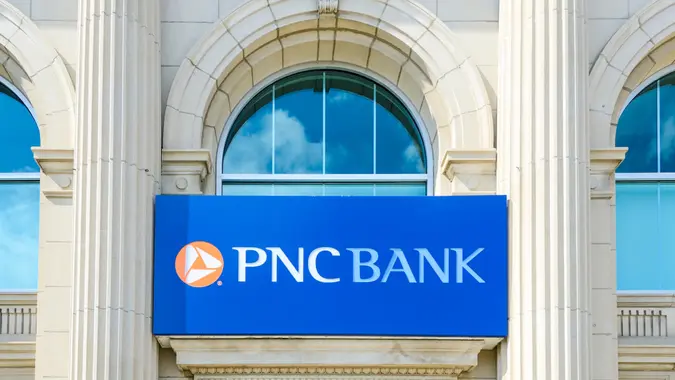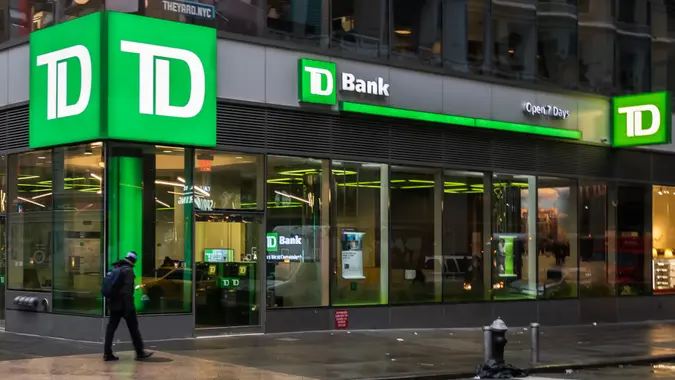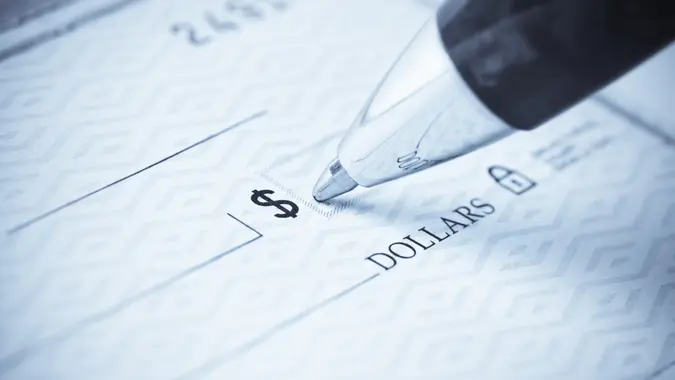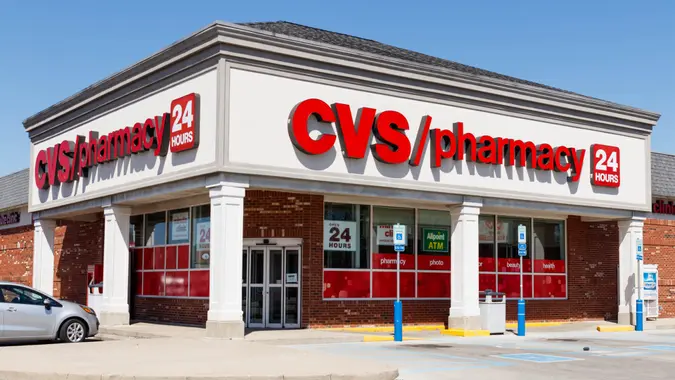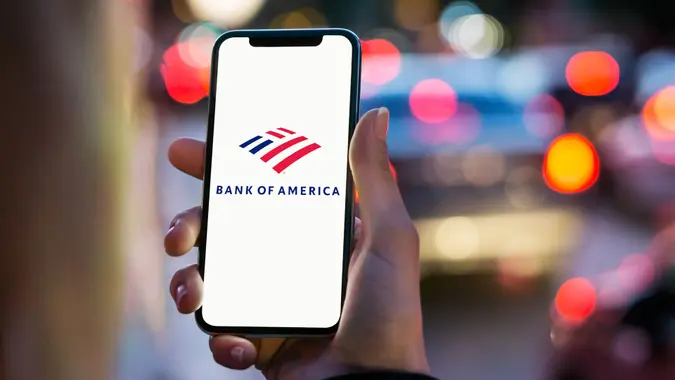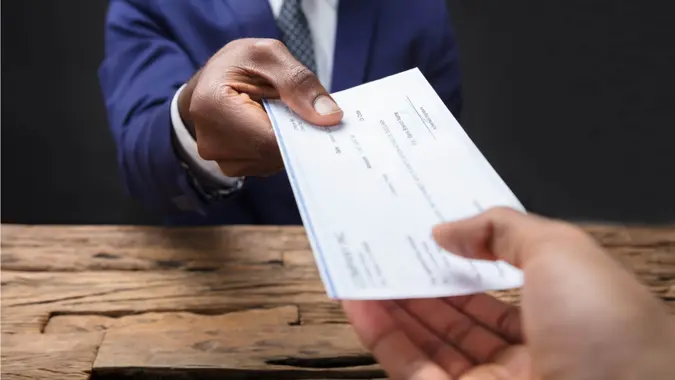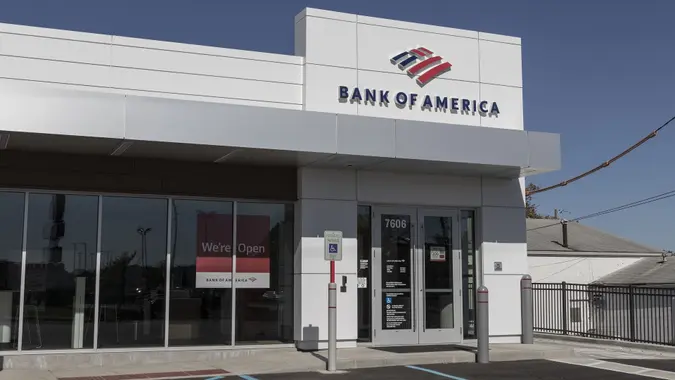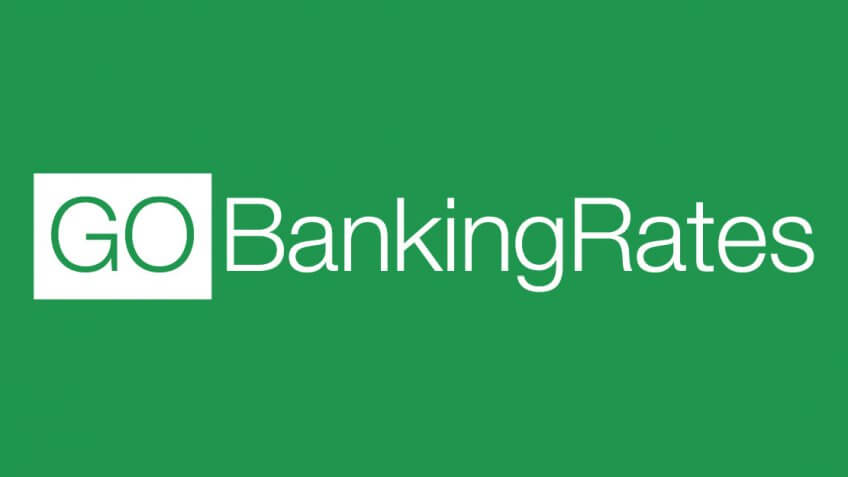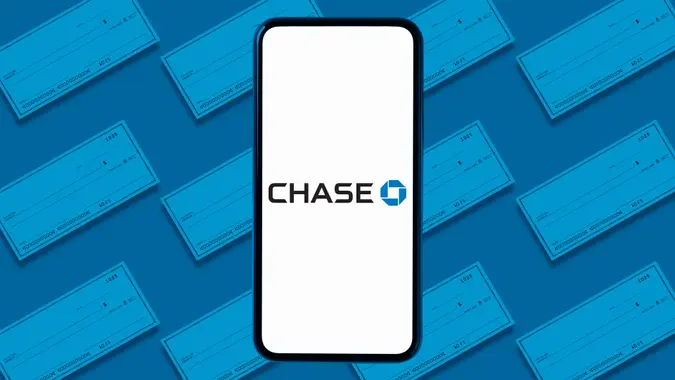What Is a Money Order and How Does It Work?

Commitment to Our Readers
GOBankingRates' editorial team is committed to bringing you unbiased reviews and information. We use data-driven methodologies to evaluate financial products and services - our reviews and ratings are not influenced by advertisers. You can read more about our editorial guidelines and our products and services review methodology.

20 Years
Helping You Live Richer

Reviewed
by Experts

Trusted by
Millions of Readers
If you don’t want to pay in cash or check, money orders are a safe alternative to send funds up to $1,000. Money orders are a form of payment that don’t require you to have a checking account. Here’s how money orders work.
Where To Buy a Money Order
You need to go to a vendor that issues money orders.
Typical vendors include:
- Banks
- Credit unions
- United States Postal Service (USPS)
- Convenience stores
- Grocery stores
- Walmart
You can pay the vendor using your debit card or with cash, though you’ll likely have to pay a small transaction fee.
For example, Walmart charges $1 for its money orders. USPS charges based on the transaction amount. Money orders under $500 has a fee of $2.35 and money orders between $500.01 and $1,000 have a fee of $3.40.
How To Fill Out a Money Order
Filling out your money orders similarly to writing a check. You will complete all the required fields:
- Recipient’s name
- Your details
- Amount
- Memo lines — this is optional
Make sure to double-check the fields you’ve filled out and keep the receipt.
Delivery
You can deliver a money order in-person or via mail. If the money order gets lost in the mail you have the option of canceling it. However, there may be a fee associated with the cancellation.
Cashing and Depositing
The recipient will have to take the money order to a bank, credit union or check cashing location with proper identification. The money order will have to be endorsed by the recipient.
Where To Get a Money Order: Locations and Options
You can commonly find money orders at these places:
Post Offices
Post offices offer domestic and international money orders. The post office is highly reliable in issuing money orders.
Banks and Credit Unions
If you’re an account holder at a bank or credit union, you can get a money order issued with a lower fee.
Retailers
Many participating retailers like Walmart, grocery and convenience stores offer money orders. You can do one-stop shopping by buying groceries and getting a money order. The fees are typically low for money orders.
How Much Does a Money Order Cost and Are There Limits?
Here’s what you should know about the typical cost for a money order and if there are any limits to the amount you can get.
What Makes Up the Money Order Cost
A money order purchase includes the face value plus the transaction fee. For example, if you want a money order for $500, you will pay a fee between $1 to $5, for a total cost between $551 to $555. The transaction fee is based on where you get your money order.
Typical Limits on Money Orders
The typical limit of a domestic money order is $1,000, while an international money order limit is $700.
Larger Transactions
If you send more than the limits allowed, you will have to purchase multiple, separate money orders. As a result you may have more paperwork to fill out and fees to pay.
When To Use a Money Order
Here’s when it’s easier to use a money order rather than another form of payment:
Secure Mail Payments
Money orders do not reveal personal account number information so your privacy can still be maintained. Cash and personal checks can be lost, stolen and data can be compromised.
Seller Preference
If you’re purchasing a service or good, the seller may prefer a money order instead of other forms of payment. A money order is a prepaid and for the seller that means guaranteed funds.
For the Unbanked or Underbanked
If you don’t have a checking account at a bank, a money order is a convenient payment option. To get a money order you don’t need a checking account which makes it an accessible option.
International Money Transfers
USPS has an agreement with international post offices to process and honor money orders. Be aware that this service is limited and not all countries participate. If the country does participate, the currency is limited to U.S. dollars and the limit on the money order is $700.
Avoiding Bounced Checks
Money orders are prepaid so there is no risk of insufficient funds. In other words, money orders eliminate the risk of bounced checks.
Pros and Cons of Money Orders
Any form of payment is going to have pros and cons:
Pros
- No bank account requirement: You can purchase a money order at a bank, retail store or post office without a bank account.
- Payment is guaranteed: Money orders are prepaid so the recipient will have no problem accepting it as a payment.
- Can be tracked: You can track a money order and cancel if it gets lost or stolen.
- Safer alternative to cash: Unlike cash, If a money order gets stolen, you can replace it.
- Fees are low: It’s generally inexpensive to purchase a money order.
Cons
- Monetary limit: Money orders are limited to $1,000.
- Requires in-person purchase: Money orders are usually purchased in-person.
- Slower than transfers: Electronic transfers are a quicker form of payment over a money order.
- Fees can add up: For larger amounts the fees can accumulate.
Final Take
A money order is a good option especially when you aren’t an account holder at a bank or if you’d like to make a one-time payment to a person or vendor for a service or product. Money orders are not ideal when it’s a recurring bill or it involves several transactions over $1,000.
Our in-house research team and on-site financial experts work together to create content that’s accurate, impartial, and up to date. We fact-check every single statistic, quote and fact using trusted primary resources to make sure the information we provide is correct. You can learn more about GOBankingRates’ processes and standards in our editorial policy.
- Huntington. "Cashier’s Check vs Money Order."
- Huntington. "What Is A Money Order?"
- Capital One. "What is a money order and how does it work?"
- Citizens Bank. "What is a money order, and how do they compare to other cash payments?"
- Federal Reserve. 2023. "Report on the Economic Well-Being of U.S. Households in 2022 - May 2023."
 Written by
Written by  Edited by
Edited by 



